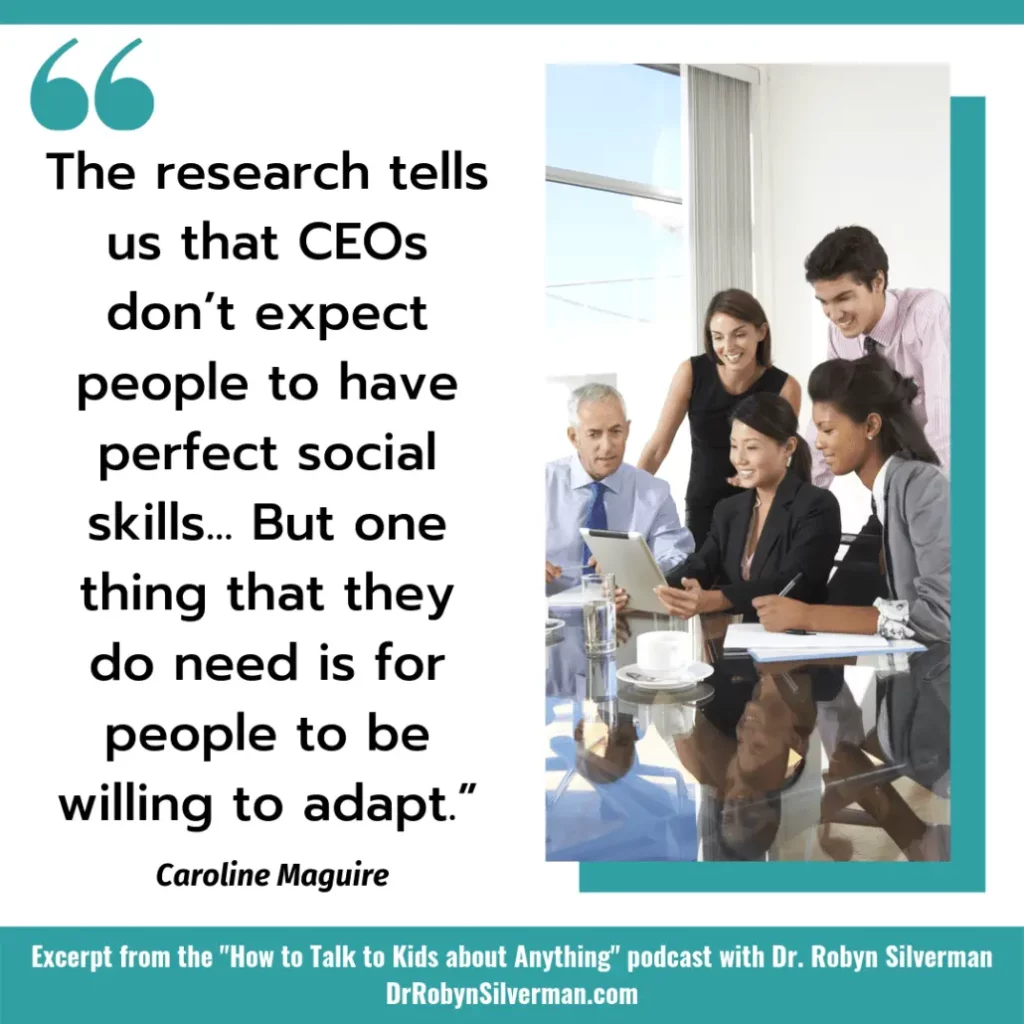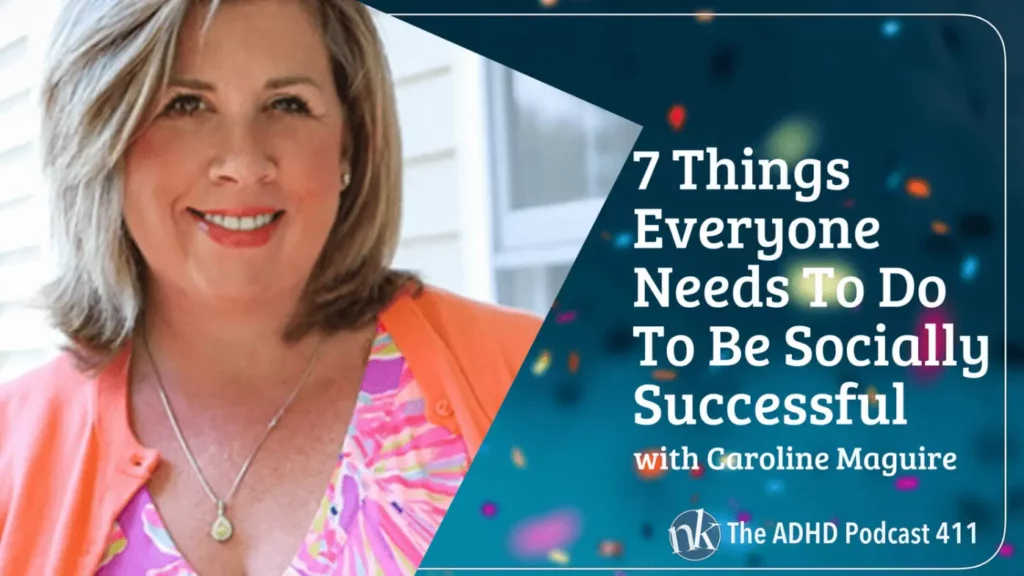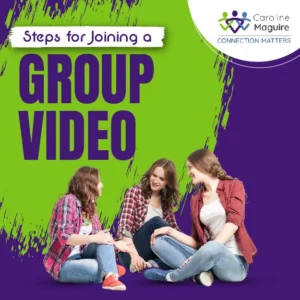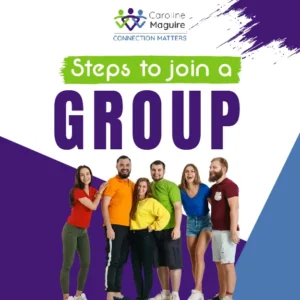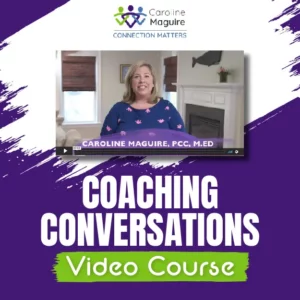Support For Neurodiverse Individuals From Caroline Maguire
Neurodiversity – neurodiverse individuals (people with cognitive or neurological impairments such as ADHD, executive function weakness, high functioning Autism, Learning Disabilities LD, nonverbal learning disabilities, dyslexia, twice exceptional (2e), giftedness) – may struggle connecting to peers. Social skills weaknesses and the inability to read social cues are often the culprit. These lagging skills basically mean their social radar and social response system aren’t as robust as they need to be, thus making it hard to read social cues accurately, to understand the unspoken rules of social relationships or play, or to adapt their behavior in response to others or situations.
Whatever your age, or neurodiverse diagnosis, consider me your partner on the journey to becoming your best self. The methods and approaches that I recommend are meant to demystify social learning so you can better connect with everyone!
Caroline Maguire
Caroline’s presentation at The Executive Function Online Summit 2020 How to Help Your Child with Weak Executive Function Connect and Be Social: Steps to Ensuring Your Child Doesn’t Feel Lonely or Isolated, Even If They Currently Don’t Have Friends
Neurodiverse individuals have unique learning styles and unique strengths, not disabilities
Without social competency skills, neurodiverse individuals pay a high cost in childhood, and even more so in adolescence and into adult life as people skills become more and more essential in personal relationships and the workplace.
I have had the pleasure to work with many people who are talented, highly intelligent, athletic, musically gifted and kind, yet long to fit in. Some of these folks:
- Know 5 languages but cannot read the room.
- Feel invisible, weird, annoying or bossy.
- Are the only ones in class not invited to a birthday party.
- Never get tossed the ball.
- Don’t have friends or anyone to play (or have wine) with.
If they could, they would - They just don’t know how.
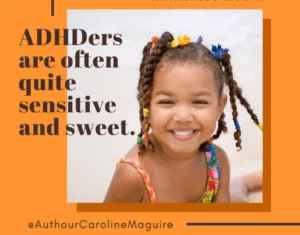
Without social competency skills, neurodiverse individuals pay a high cost in childhood, and even more so in adolescence and into adult life as people skills become more and more essential in personal relationships and the workplace.
A full range of clinical and coaching interventions
The methods in Why Will No One Play With Me? are based on a growing volume of scientific literature that addresses a full range of clinical and coaching interventions. The Play Better Plan (which can easily be aged-up) is designed for, and works with, anyone struggling socially.
Enjoy this humorous – and informative – video of parenting a child with executive function challenges with me and Laura the ADHD Mama
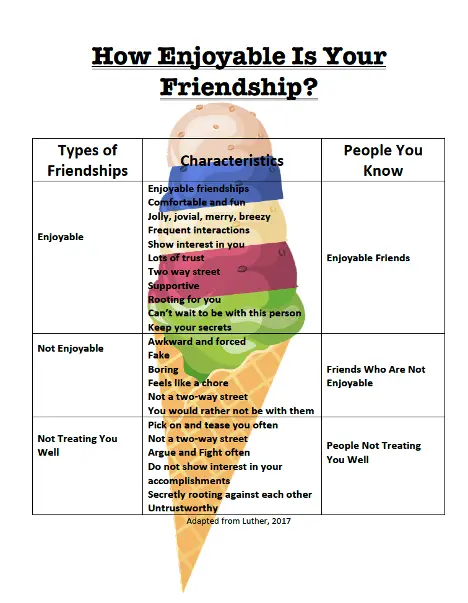
What Makes a Good Friend?
ADHD and Social Skills –
Highlights:
– What are the 7 things to be socially successful
– Defining what it means to have a social challenge
– The importance of friendships
Traits of a Flexible Personality
How flexible are you? Can you change when needed? Adapting to change is fundamental when it comes to overcoming life’s challenges. A flexible personality plays a strong role in defining how a person survives even in hard situations.
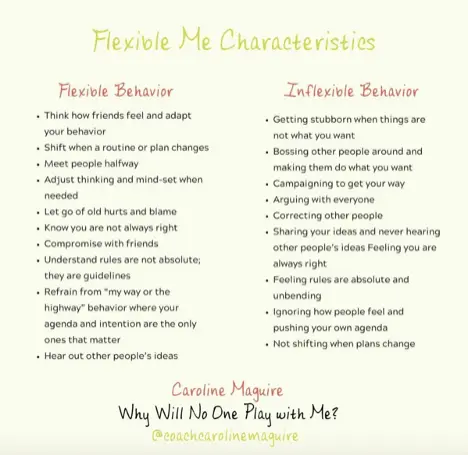
Neurodiversity Products
These recommendations have been specifically curated for you. Please feel free to browse these – and many other products – in our Store
Neurodiversity Articles:
Managing Your Love/Hate Relationship With Your ADHD Child
Social Emotional Challenges of Gifted / Learning Differences Children and Adults
How to Improve Social Skills in a Teen Who is Gifted or has Learning Differences
Additional Resources for executive function challenges
Sharing the information that professionals use to support a child with executive function challenges to build social skills.
Visit my Youtube channel for Adults Social Skills and ADHD and Kids Social Skills and ADHD
How to Help Kids Learn Friendship Skills and Avoid Social Isolation with Caroline Maguire
10 Things To Calm YOU Down When Raising Kids With Executive Functioning Challenges

